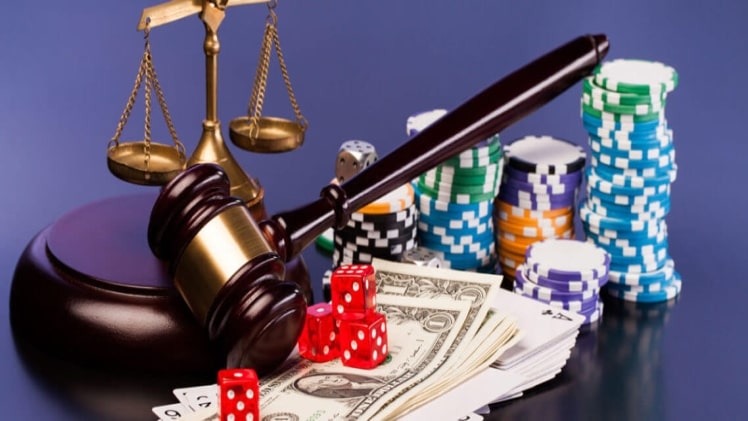If an event’s outcome is at least partly determined by chance, then it must have a stake of money or something else of value that is worth something in the real world.
It is not gambling in Australia if it doesn’t meet these rules.
Each state and territory in Australia has its gambling laws. These laws also apply to “trade promotions,” free competitions to promote trade in each state and territory. Competitions like these have strict rules and can only be held in places where the right person has given permission.
Regulators in Australia have been looking at fantasy sports companies for a long time. In the past, they were seen as a type of trade promotion, but now they are seen as bookmaking by them. The Australian Financial Services License (AFSL) must be obtained by business owners to run their business in a legally correct way. It’s illegal to play games with these products, but there are some ways to get a permit to do so in case of such as Cash Truck Slot from Quickspin.
The policy on gambling.
Except for the Northern Territory, Australia’s states and territories don’t allow people to play games of chance. Gambling activities that have been licensed are not subject to the law. These are some of the things you can do:
Casinos that are built on the land. There are also lotteries and “pokies,” which are electronic gaming machines, or “pokies,” that can be played at land-based casinos and online (only in venues like Medallion Megaways Slot review).
In Australia, the federal and state governments act like parents when they regulate gambling services. This is because gambling can hurt society.
When you think about it, Australia has had a lot to do with gambling for a long time. States and territories began to regulate gambling in the early 20th century, setting the stage for today’s laws. In the late 20th century, online wagering was introduced, and the industry has continued to grow even though there is a lot of conflict between the economic benefits that gambling brings to state and territory governments, as well as the pressure on governments to do more to stop people from becoming addicted to gambling.
In this case, the state and private businesses are in charge.
The government has owned lottery and totalitarian operators for a long time. It’s only Western Australia’s total and lottery that haven’t been combined and privatized by most states and territories. All of Australia’s big casinos (a few of which are on this list) get permission from the state and territory governments to run (or regulator).
The government has licensed significant gaming companies, and there are a lot of them:
Four companies run lotteries (as well as off-course betting): Tatts Holdings Limited (Tatts), The Star Entertainment Group Limited (The Star), and Tabcorp Holdings Limited (Tabcorp). Tatts has the right to run lotteries through retail outlets in seven states and the Australian Capital Territory. The Star operates casinos in Sydney and South Australia (all suppliers of gaming machines).
Lottery West and Racing and Wagering Western Australia run both the totals and the lottery in Western Australia, which the state government runs. Western Australia’s totals was put up for sale in late 2018. The state government said they were looking for a company that could run the totals alone. In 2020, the tender process was held until at least 2021.
Each state and territory gives out its licenses for keno games in brick-and-mortar stores.
Other than in Queensland, New South Wales, and the Northern Territory, the right to run a casino has always been the subject of a license. Section II talks about the recent news that a new casino license in New South Wales will be given out.
Of course, bookmakers and corporate bookmakers offer wagering services, as well as totalisator operators, who also offer fixed-odds betting (primarily licensed in the Northern Territory).

